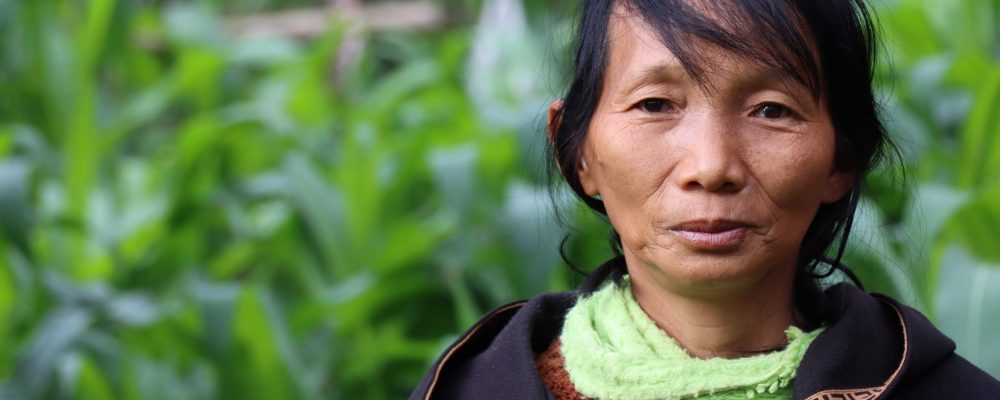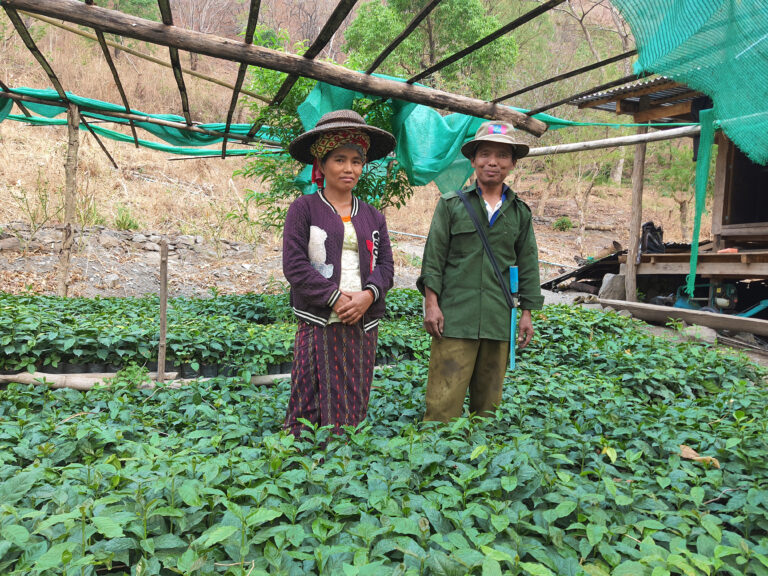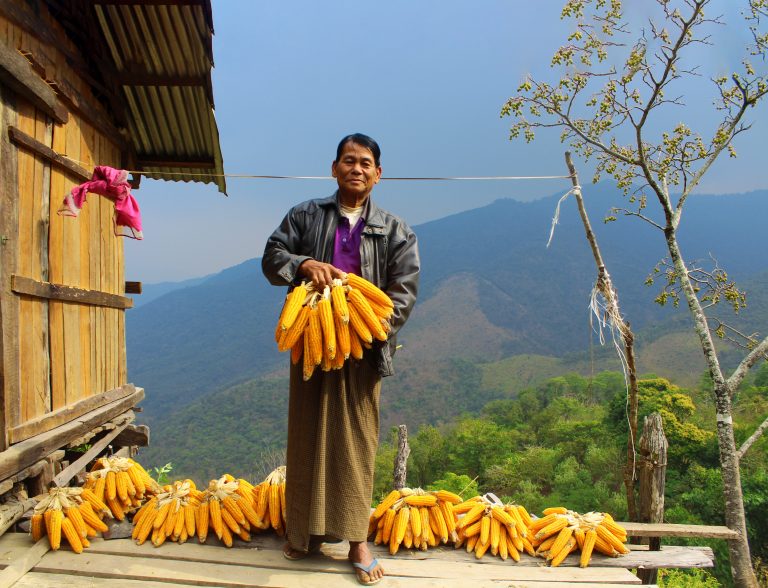Livelihoods
HELP BREAK THE CYCLE OF POVERTY
10% of the world lives on less than $1.90 a day. Some of the biggest tools to fight poverty come from the simplest solutions – training, loans, seeds, animals, and access to marketplaces. Helping people provide for themselves creates change that can be seen for generations. Women in particular experience the positive effects by being able to enter a marketplace previously closed to them and providing dependable income, self-reliance, and even safety, to them and their children.
ADRA Myanmar reaches poor and marginal communities with agriculture and livelihood opportunities, putting into effect sustainable market-based solutions that increase resilience and creating opportunities within value chains for greater participation of the poor in economic growth opportunities.
Did you Know?
Empowerment is the best lesson you can teach someone. If you give a man a fish, you feed him for one day. But if you teach a man to fish, he will be able to feed himself for a lifetime.
Here are some of the ways that we’re helping families increase income generation and livelihood opportunities:
– Diversifying livelihoods, and mitigating climate change
– Improving resource management and reducing land degradation
– Improvements to grazing land management practices
– Improving water resource management and irrigation
– Increasing technical knowledge and techniques in agriculture in dry and mountain areas
– Improving nutrition smart and climate smart agriculture
– Increasing access to credits and inputs
– Empowering women and building the importance of their involvement in agriculture and their access to land and economic opportunities
– Building technical knowledge through trainings and workshops
– Enabling future evidence based planning and policy development
– Distributing agricultural tools and seeds to farmers
– Establishing SALT practices to improve soil erosion in mountainous areas
IMPACT
7,290 lives
In 2021, our livelihoods sector impacted 7,290 beneficiaries and supported 1 project in North West Myanmar.




